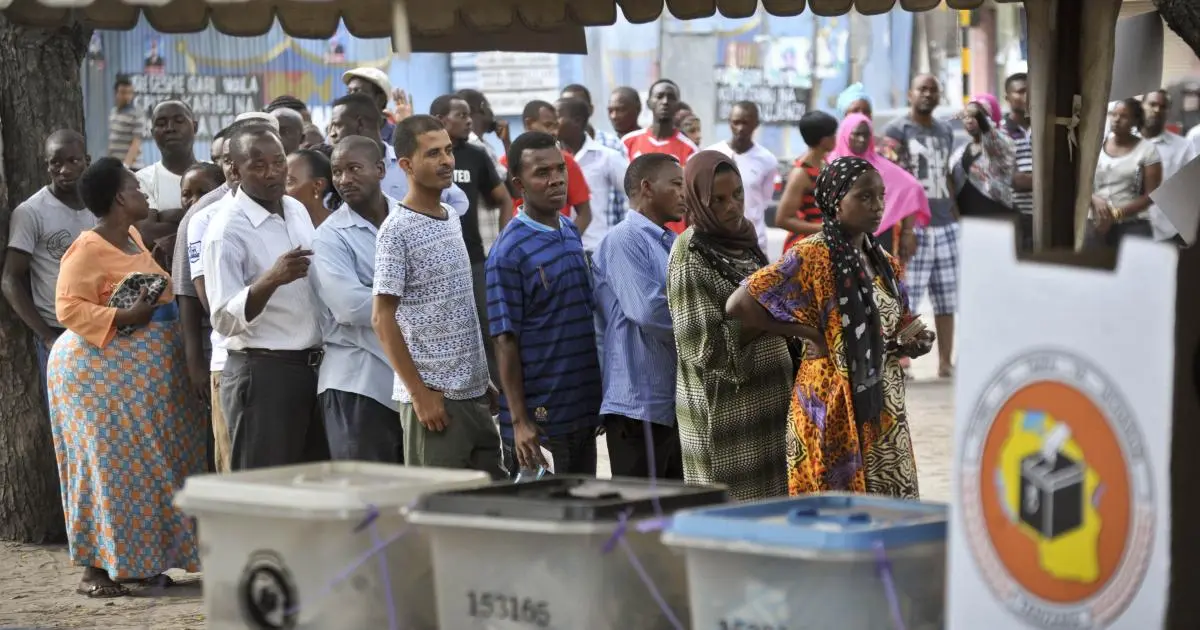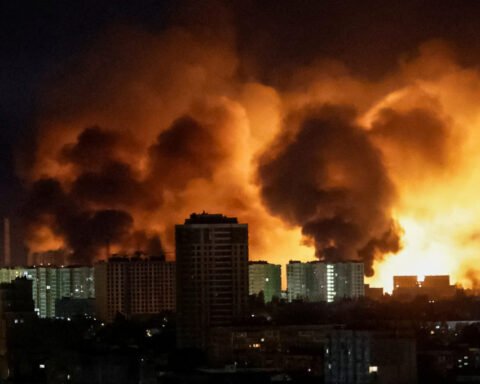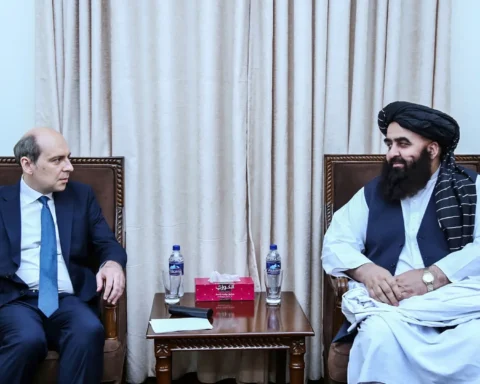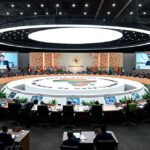The High Court of Dar Es Salaam has given the Tanzanian government 14 days to submit a response and a counter affidavit regarding a legal challenge against the upcoming Local Government Elections scheduled for November 27, 2024.
This election process is set to commence on August 15, 2024. The challenge has been initiated by three activists who identify as registered Tanzanian voters in the Permanent Voter Register. They have filed their petition for judicial review against the regulations established for the 2024 elections.
The petitioners include Bob Wangwe, the Director of the Constitutional Forum of Tanzania (Jukata); former journalist Ananilea Nkya; and Bubelwa Kaiza. They have named as respondents the Minister of State in the President’s Office for Regional Administration and Local Government (Tamisemi) and the Attorney General (AG).
The case is being presided over by Judge David Ngunyale, where the activists are contesting the election regulations issued by the Minister of Tamisemi, questioning the authority under which these rules were enacted.
The activists argue that the regulations may undermine the democratic process and limit citizens’ participation in local governance. They are seeking a judicial review to ensure that the electoral process remains fair, transparent, and in line with the constitutional rights of Tanzanians.
This legal battle comes at a crucial time, as the country prepares for a significant electoral period. With the elections just a few months away, the outcome of this case could have far-reaching implications on how local governance is conducted in Tanzania.
As the situation develops, all eyes will be on the court as it assesses the merits of the activists’ claims and the government’s response to the challenge. The ruling will not only affect the immediate electoral landscape but may also set precedents for future elections and the broader regulatory framework governing political activities in Tanzania.
Read More; Democratic Change Party Leaders Face Police Crackdown
The petitioners are hopeful that their challenge will lead to a more robust electoral framework that upholds the principles of democracy and allows for greater public engagement in governance. The upcoming days are critical as both the court and the government prepare to navigate this pivotal moment in Tanzanian politics.
The implications of this case will likely resonate far beyond the courtroom, influencing public confidence in the electoral process and the legitimacy of local government institutions across the nation.







Only wanna remark on few general things, The website layout is perfect, the content is really wonderful. “The reason there are two senators for each state is so that one can be the designated driver.” by Jay Leno.
Those are yours alright! . We at least need to get these people stealing images to start blogging! They probably just did a image search and grabbed them. They look good though!
I’m not that much of a online reader to be honest but your sites really nice, keep it up! I’ll go ahead and bookmark your site to come back later. Many thanks
Just a smiling visitant here to share the love (:, btw outstanding design.
You can definitely see your enthusiasm within the work you write. The world hopes for even more passionate writers like you who aren’t afraid to mention how they believe. At all times go after your heart.
Hello! I just would like to give a huge thumbs up for the great info you have here on this post. I will be coming back to your blog for more soon.